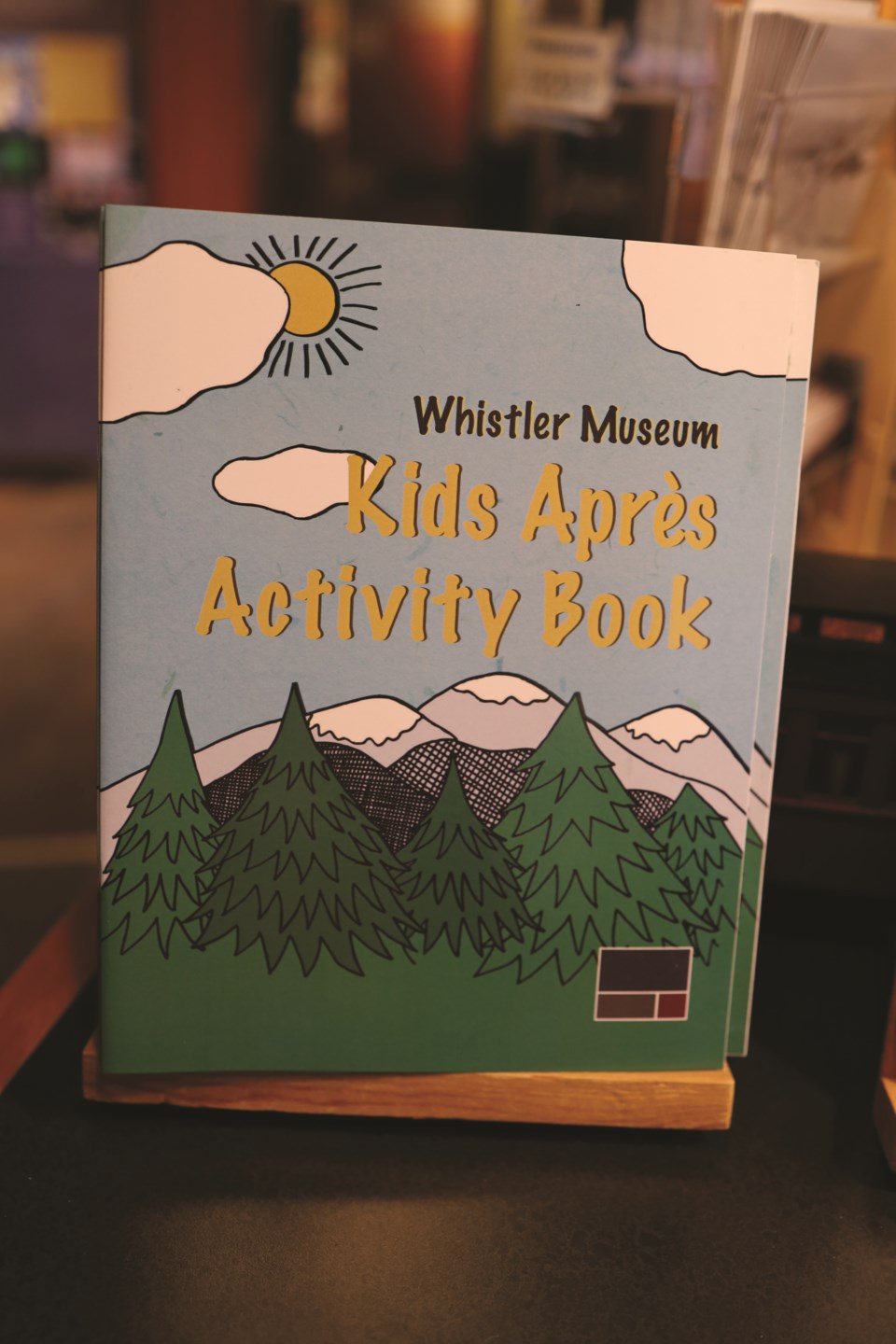The year 2021 was one of fluctuation for the Whistler Museum. Despite a few COVID restrictions on occupancy and mask mandates, we were able to keep our exhibits open to the public six days a week throughout the year.
Over the course of 2021, the museum welcomed 6,513 exhibit visitors. This is an increase of 28 per cent over 2020, but still down 55 per cent over pre-COVID numbers in 2019. In addition to exhibit visits, we also held several events and programs online and outside the museum, which attracted approximately 13,232 people. In total, the museum provided direct services to approximately 19,745 individuals. We also had increased traffic and intersections throughout 2021 on our social media accounts including Instagram, YouTube, and our online Whistorical blog.
Our popular Speakers Series was delivered completely online in 2021. These events shifted from in-person events held at the Museum to 20-minute mini-documentaries that were streamed live to an online audience and followed by a Q&A with the speakers. The first of these was with Dean Nelson, a longtime organizer of the Whistler Pride and Ski Festival, exploring the history and evolution of Pride in Whistler, including Pride House during the 2010 Olympic Winter Games, the first such LGBTQ+ space at an Olympic Games. Our next discussion was on the history of journalism and publishing in Whistler and featured speakers Paul Burrows (founder of the Whistler Question), Charlie Doyle (co-founder of the Whistler Answer), Bob Barnett (co-founder of Pique Newsmagazine), and Clare Ogilvie (then-editor of Pique Newsmagazine).
Our third Speaker Series event looked back at one of Whistler’s most endearing races, the Great Snow Earth Water Race that was held from 1975 to the mid 1990s. Race organizer Bryan Walhovd was accompanied by race participants from the first year of the race including Trudy Alder, Nancy Greene Raine and Joe Csizmazia. Recordings of these Virtual Speakers Series events can be found on the Museum’s YouTube Channel and on our social media platforms.
As we were not able to host many of our in-person family programs, we also adapted these to be delivered remotely. Our popular Crafts in the Park program continued as a video series and was developed by our summer programming student. Each video explored an aspect of Whistler’s history and was accompanied by a craft that families could complete at home. This program was presented in partnership with the Whistler Public Library.
Developed at the end of 2020, our Kids Après Activity Booklet was designed to replace our in-person Kids Après program. This activity booklet features colouring pages, mazes, crosswords, and various other activities. The 20-page booklet is still available (for free!) at the Whistler Museum. This program was made possible with funding from the Province of British Columbia.
In terms of in-person programs, we were grateful to be able to offer our long-running Heritage Walking Tours through Whistler Village (June through September), and our Discover Nature program at Lost Lake Park (July through August). These ongoing programs are staples of our ever-expanding program lineup; they contribute to community and visitor outreach and education that are essential to our mandate.
We are currently developing our program schedule for 2022. We hope to see the return of our Mountain Bike Heritage Week in 2022, as we have been unable to produce it over the last two years. More details on these programs will be available in the coming weeks.
I would like to take a moment to thank our funders and supporters: the Resort Municipality of Whistler; the Province of British Columbia; the Community Foundation of Whistler; Canadian Heritage; British Columbia Museum Association; and our museum members for their continued support over the years.
I would also like to say a special thank you to everyone who has visited our exhibits, attended our events, read our Pique column, followed us on social media, and otherwise helped spread the word about Whistler’s fascinating people and history. Your support helped us make it through a very challenging year!





